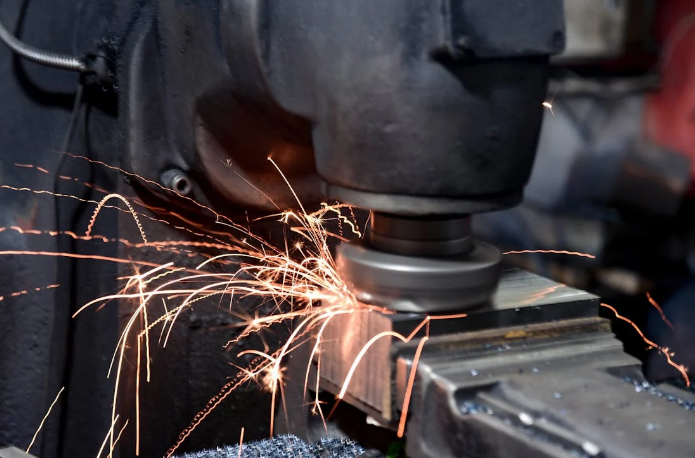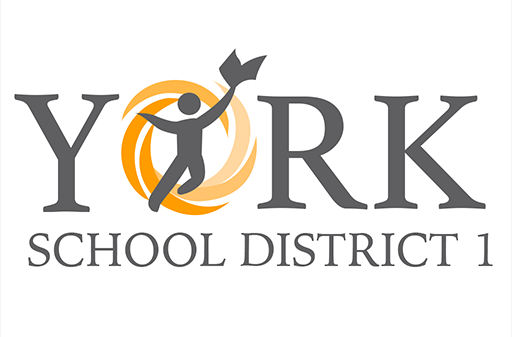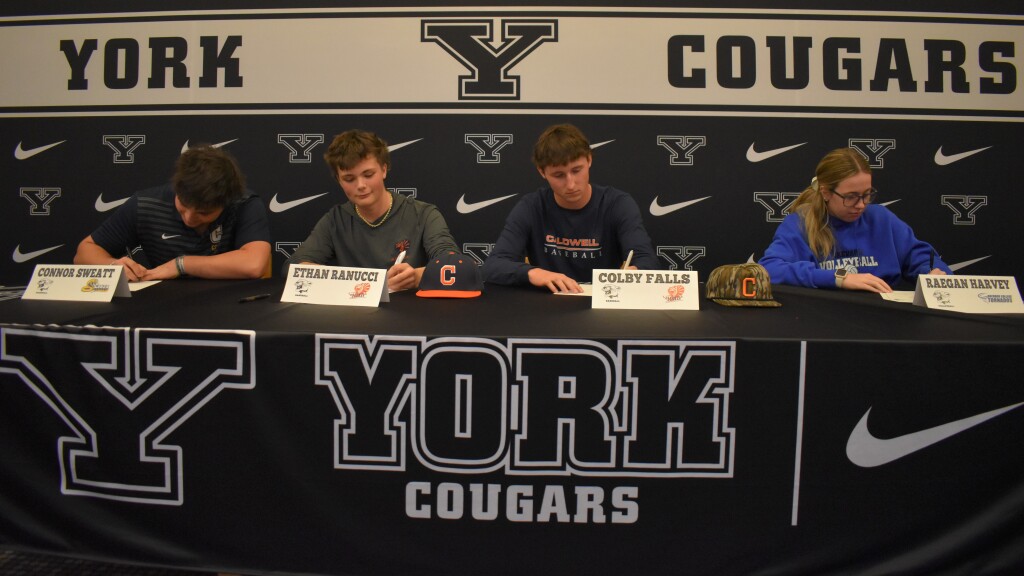South Carolina Daily Gazette By: Jessica Holdman
Scout plans to hire at least 70 experienced maintenance workers
Inside the new training center for people hoping to land a job at Scout Motors in South Carolina, stations outfitted with meters and switchboards woven with red and blue wires stand at the ready, each containing a problem that needs to be solved.
On the opposite wall are displays with a working air compressor that pressurize air needed to set pistons in motion, where job candidates can demonstrate their knowledge of pneumatics.
Next week, 83 job seekers will be the first to undergo these tests to show off their mechanical troubleshooting skills as they interview for a position at the electric vehicle maker’s $2 billion Midlands assembly plant.
By the end of the year, Scout hopes to have at least 70 experienced maintenance workers on staff. They’re the people who will set up and keep the factory’s vast array of machinery and robotics operational as the company speeds toward its goal of rolling the first Scout vehicles off the assembly line in 2027.
The jobs pay between $30 and $37.50 an hour, depending on the worker’s experience. Benefits include health insurance and 401(k) retirement savings options.
“This is an important next step in bringing our vision for Scout Motors to life in South Carolina,” said Meredith Manz, the company’s chief human resources officer. “We’re excited to welcome these technicians, who will represent the first wave of hourly manufacturing employees at our production center – and they’re just the beginning.
These initial workers must know how to fix electrical problems, as well as any issues that may arise with pressurized, pneumatic-powered equipment. They’ll also work with computers programmed with the instructions that power the various machinery along the automated assembly line.
In the past two weeks, Scout received about 300 applications for the roles. About 200 of them had the level of experience Scout wants. And just under half of those are being interviewed next week, said Clarice Henderson, vice president of human resources for the production center.
“These initial hires that we make in maintenance are so critical,” Henderson said, as many will go on to lead larger maintenance crews when the factory is operational.
Training for the future
The training center where these first interviews will occur is located within the South Carolina Research Authority’s Carolina Research Park. The office park is adjacent to Midlands Technical College’s campus in northeast Columbia.
Eventually, a second $25 million center financed by the state will open on site at Scout’s Blythewood factory less than 10 miles to the north.
Operating both is Ready SC, a division of the South Carolina’s Technical College System which provides customized training for companies bringing new jobs to the state.
Ready SC opened a similar space in the Lowcountry, after Volvo broke ground on its Ridgeville factory in 2015. That center, like the one in the Columbia office park, is owned by the area’s technical college and serves as a training space the state can repurpose to train workers for any company coming to the area.
Employees of the Lowcountry center, housed in a former American LaFrance fire truck manufacturing facility, have not only screened and trained workers for Volvo, but also for Mercedes-Benz Vans, Walmart, and most recently, battery recycler Redwood Materials.
“The space allows us to deliver both classroom instruction and hands-on training in labs designed to replicate the factory floor,” said Kelly Steinhilper, a spokeswoman for the technical college system. “Workers don’t just learn skills; they apply them in environments that look and feel like the job site from day one.”
Because these centers are to be used and reused for different types of employers, they’re built to be adaptable with interchangeable work stations, said Patrick Sellars, the project manager for the Midlands center.
Ready SC expects the center to have dual roles. Over the next several years, Scout will use it as the Volkswagen-affiliated automaker hires some 4,000 workers. And so will the companies that move to the state to supply its parts.
Richland County Economic Development Director Jeff Ruble thinks the center will make the Midlands more attractive to businesses across industries, not just those in the automotive sector. It’s a space where companies can mold a workforce, so they won’t have to hire experienced people away from other jobs, he said.
“That checks a big box,” Ruble said. “And it’s part of providing the best job opportunities for our citizens.”
“Having a fully equipped, flexible training facility already in place removes a major barrier for companies launching or expanding operations,” Steinhilper added. “When a company is managing a long list of priorities such as site selection, hiring, and permitting, knowing that workforce training is already taken care of is a game-changer. It shows we are serious about talent development and can sometimes be the factor that tips the scales in our favor.”
A third such center was planned for the Pee Dee but is now on pause since battery cell maker AESC suspended construction on its plant in Florence last month.
Future Scouts
After Scout’s mechanical employees are hired, Sellars said, Ready SC will move on to the next step for the Midlands center: finding and training the thousands of workers who will man the assembly lines.
People applying to those entry-level positions won’t already need advanced skills. Instead, evaluations will be more focused on aptitude — those who show they are coachable and can follow instructions.
Those future workers will likely include students coming out of the area’s K-12 school system over the next several years and beyond.
“We know that our future Scouts are sitting in kindergarten right now,” Henderson said.
That’s why the company is in talks with Richland School District 2 on how to get parents and their children to consider a manufacturing career after they graduate.
In particular, Scout sees promise in the students attending the Richland Two Institute Of Innovation, or R2i2.
“They have a pretty significant program, so we’re already talking about those students that are coming out next May,” Henderson said. “How can we now get them engaged? And is there an opportunity for us to do some type of co-op program to get them exposure (to Scout) before they graduate.”
At R2i2, students can graduate with multiple industry certifications, including in battery and electric vehicle technology and artificial intelligence. These certificates give students a leg up if they decide to go straight into the workforce or if they’re continuing education at technical or four-year colleges, said Alan Wolf, director of the district’s Student Innovation Center.
In the clean energy program, students build models that use wind and solar energy to power motors, Wolf said. They assemble a battery and build an electric vehicle that can travel for a short time period at speeds of 60 miles per hour, and they make battery prototypes that improve issues such as charge time and capacity.
This coming school year will be the school’s first to teach students about artificial intelligence — how it’s used in entertainment, health care, agriculture, manufacturing and sports analytics.
The school had 240 students enrolled in its various programs last year — 147 of them graduated with certifications, Wolf said.
He expects enrollment to rise to nearly 300 students for classes starting next month.
Sign up for our Sunday Spectator. Delivered to your inbox every Sunday, with all the news from the week.









